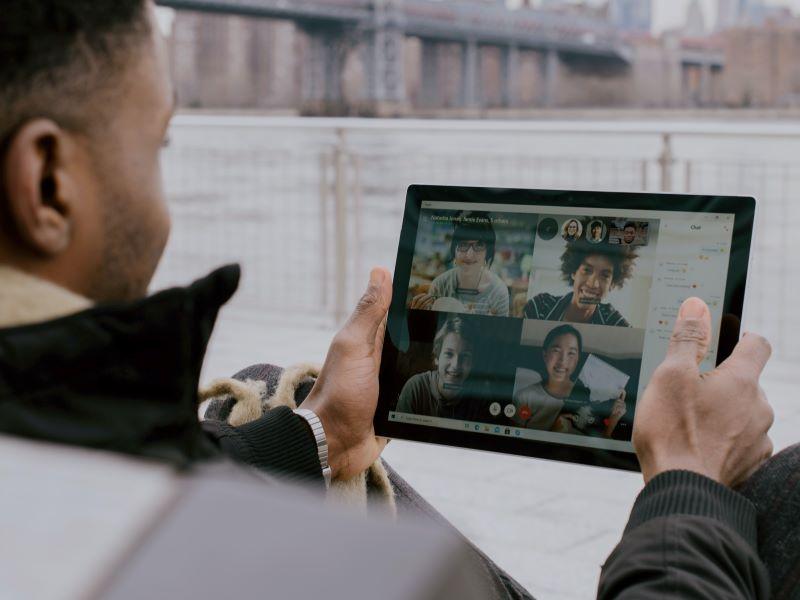
Developing internship opportunities for students online
You may also like
Key Details
This video will cover:
00:40 Offering clear guidelines on the internship “replacements” available online
01:27 Mapping out the competencies and academic objectives students will acquire through the virtual internship options
02:36 Working with industry partners to set up virtual internships that have strong connections with the authentic workplaces
Transcript
One of the challenges higher education institutions face during the Covid-19 period is the issue of lost internship.
The absence of the workplace experiential learning denies students the opportunity to put the acquired knowledge and skills into practice, leaving students in frustration.
Institutions should therefore take proactive steps to make up for the loss by offering internship alternatives in order to restore students’ confidence in their future career path. In this video, I’d like to offer three pieces of advice on strategies our school has implemented as internship replacements.
Tip one: institutions could offer a set of clear guidelines on various options of internship replacements to help staff and students adjust their expectations.
The guidelines may include the following items: number one, the available forms and definitions of workplace learning substitutes. For example, virtual internship, volunteering, industry project, in-house experiential learning, virtual overseas exchange courses, etc. Number two, a checklist for designing the replacement activities to ensure the achievement of the original learning outcomes from internship.
Number three, supporting measures for employers and students. And number four, considerations on how to evaluate the outcomes required as part of the graduation criteria set in the curriculum.
Tip two: schools could map out competencies students will acquire originally in their internship against alternatives that allow students to still practise the skills and, at the same time, meet academic objectives and quality-assurance requirements of the programme. An example of which is community health practice, where normally students would conduct their internships in community settings – an elderly home – replaced by the organisation of a school-based health fair.
The approach our school has taken is to list out specific subject skills to be developed that are independent of where health promotion practice is conducted, such as health counselling, demonstration skills on usage of health care items and performing health checks.
We have also come up with another list of global workplace competencies including skills of communication, problem-solving, teamwork and the use of technology.
The mapping of these competencies against those students are able to practise when organising and implementing the health fair helps establish equivalencies for alternative options of internship experience.
Tip three, online internship is considered one of the best replacement options for students due to its strong connection with authentic workplaces, while students can choose to work at home or in remote locations.
Sharing the cases of our hospitality and tourism programmes, most hotel and aviation partners failed to recruit students to work physically in their companies due to limited businesses and excessive manpower supply during the pandemic of Covid-19.
Yet the school has successfully convinced the industry partners to offer project-based internship opportunities – for example, hotel students were mentored by the FMB managers online to develop a set of hygiene guidelines to be followed by employees and customers in a hotel setting.
And aviation students were also guided by the training managers of the field to propose solutions for survival that can be considered and implemented in the aviation sector during the pandemic of Covid-19. These examples illustrate how online internships can be brainstormed and practised by the schools based on the changing needs of the fields and the market.
As educators, we must be responsive to the needs of students during challenging times to ensure that students’ learning does not cease but instead evolves in different dimensions. Thank you for watching.
This video was produced by Larry Ching, programme director, Dorothy Kwok and Candy Law, both lecturers, at the Li Ka Shing School of Professional and Continuing Education, the Open University of Hong Kong.
Additional Links
Read Benjamin Tak Yuen Chan’s feature ‘Don’t let coronavirus hang internships out to dry’.


